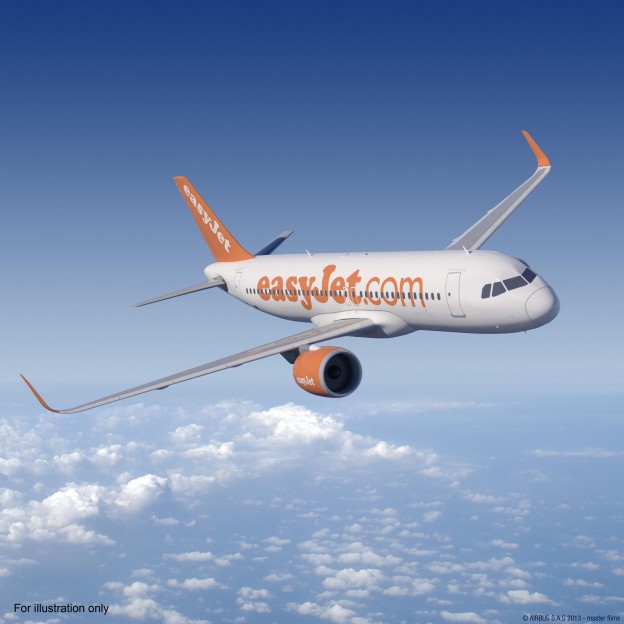Although the prices of meals at McDonald’s have increased over the past ten years, it would be unfair to blame price increases entirely on the “health movement”. Other fast food chains have also been increasing their prices as the cost of food in general has increased dramatically. This makes McDonald’s costs higher so they need to raise prices to accommodate this.
If we look at McDonald’s financials over the past 10 years, we can see that their positioning change has actually been effective. In 2002, the company made a profit of $2.28 billion. Last year, this number was $5.59 billion so there is some merit in their new positioning strategy.
Sources:
http://www.gurufocus.com/financials/MCD
http://www.nbclosangeles.com/news/local/Restaurants-Hike-Prices-Food-266313461.html

